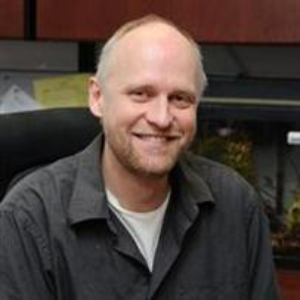Title : Cullin 3 Plant E3 Ligases: A perspective on improving agricultural traits by controlling protein stability
Abstract:
Plant development depends on a complex and flexible regulatory network that integrates environmental cues with specific developmental programs. A mechanism that provides plants with the ability to quickly and precisely respond is given by the ubiquitin proteasome pathway. Within the pathway, E3 ligases are key regulators that recognize specific substrate proteins and mark them for degradation through the 26S proteasome. A particular class of E3 ligases, CRL3BPM, is composed of a scaffolding protein, Cullin3 (CUL3), and substrate adaptor proteins that contain a MATH-BTB/POZ domain (BPM). Arabidopsis thaliana encodes for six BPM (BPM1 to 6) and two CUL3 (CUL3a and 3b) proteins. Here we show that CRL3BPM E3 ligases are widely involved in transcriptional processes by affecting stability of members of major transcription factor families in Arabidopsis. As a consequence, these E3 ligases alter diverse processes such as fatty acid biosynthesis, flowering time point control, and abiotic stress tolerance. Our work establishes CRL3BPM E3 ligase as a major regulatory tool plants can use to facilitate controlled gene expression through specific protein degradation: a mechanisms that allows plants a high degree of flexibility to quickly modulate their physiological and developmental processes as needed.
Take away note:
• The presentation will introduce the ubiquitin proteasome pathway as one of plants’ central regulatory systems.
• It will specifically address findings for a specific class of E3 ligase and what regulatory steps and substrates are known.
• Such findings provide valuable information to design novel approaches in bioengineering crop plants with improved traits.


